Property damage can happen to even the most careful homeowners. The Insurance Information Institute (III) reports that one out of every 20 U.S. homeowners files a claim each year.
And these claims can be expensive. According to the latest data, the average home insurance claim is over $15,000, while the average annual home insurance premium is $1,411. That said, a good homeowners insurance policy is a wise investment that can save you literally thousands of dollars.
Of course, homeowners want to avoid claims altogether. Even if you have the most extensive insurance coverage, damage still comes with worry, stress and inconvenience. Who wants to deal with that when there’s a life to lead?
To protect yourself and prevent claims, here are seven of the most common home insurance claims and how to avoid them.
1. Exterior Wind Damage
Exterior wind damage is one of the most common home insurance claims. While the Northeast and the Southern states are both at high risk for wind-related damage, heavy wind can damage any property anywhere, anytime.
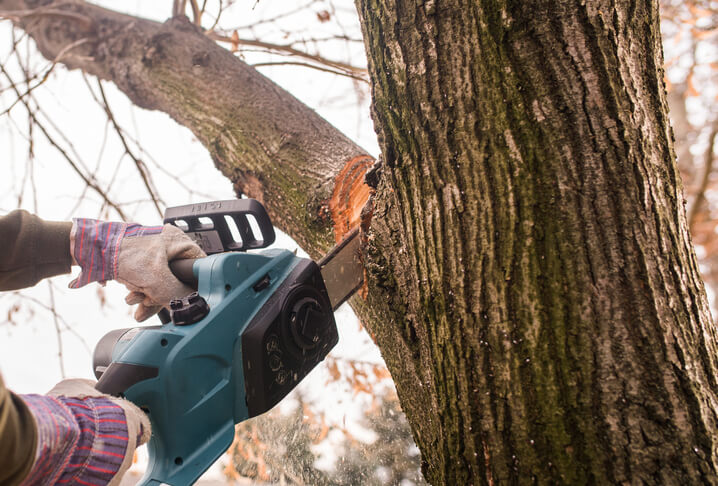
It’s also important to know that wind damage can mean more than just winter storms or hurricanes tearing shingles from roofs. Wind can also pick up and slam objects like chairs or garbage cans them into your home, damaging windows or walls. Strong winds can also topple trees onto your roof, porch, or another part of your home.
To avoid or minimize the damage strong winds could cause, remember to:
- Safely store outdoor patio furniture, cushions, gardening tools, kids’ toys, and other objects that may go airborne in wind storms.
- Remove and replace loose roof shingles or tiles at least once a year.
- Keep your shrubs, trees, and bushes trimmed and free from dead branches high winds may break off.
2. Non-Natural Event Water Damage
While rain and wind can take a toll, water damage from non-natural events can be just as damaging. Common incidents are burst or frozen pipe, plumbing issues, such as clogged drains or toilets, and damaged or deteriorated water lines or hoses for washing machines and dishwashers.
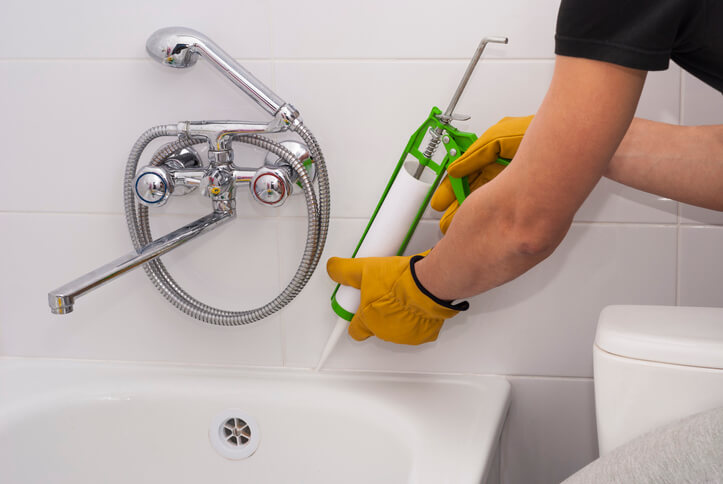
To prevent and minimize water damage from non-weather-related events:
- Insulate pipes in basements or along exterior walls if you live in a cold climate.
- Look for rust or other signs of wear on pipes, especially radiator valves.
- Inspect washing machine and laundry hoses for wear to prevent failing, including the hoses’ connections to the machine.
- Perform a similar inspection on water lines into fridges.
- Inspect water heaters and older appliances for cracks.
- Caulk around toilets, sinks, tubs, and showers to prevent leaks or seepage that can lead to warped floors, ceiling damage, or mold.
- Never pour grease, fat or other thick substances down your drain. Hot oil should be poured in a glass jar or bowl and allowed to cool before disposing in the garbage can.
- Install a water sensor or alarm that detects leaks, if possible. Some appliances, such as hot water heaters, may even have an automatic shut-off system
3. Weather-Related Water Damage
Bad weather comes in many forms, from torrential rain to snow storms, and all of that water can damage your home.
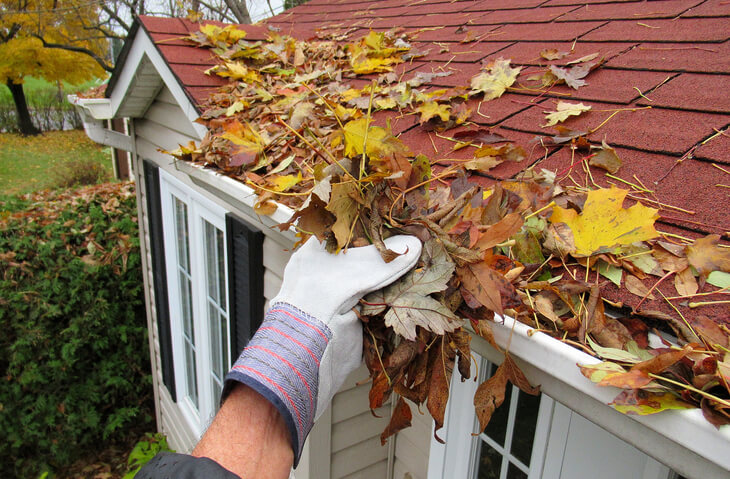
To protect against the risks of weather-related-water damage, homeowners can:
- Prevent snow-related roof damage or leaks by safely removing it before it piles up or hiring a professional each season.
- Keep gutters and downspouts clear of leaves, twigs, and other debris that leads to clogs, overflowing, and potential home damage.
- Stop melting ice from freezing into an “ice dam” that can lead to leaks or interior damage.
- Note the incline or slope of land around your property. Land sloping toward your property will funnel water toward your home. If you have sloped land, consider water dams that automatically inflate when wet. These can help stop water from flowing down a hill into your home, basement, or foundation.
After a long winter, remember that the spring melt could cause flooding and further damage. Standard homeowners insurance doesn’t usually include flood coverage, so you’ll need to purchase a separate flood insurance policy to get protection.
4. Loss Due to Theft
About one in 325 insured homes has a property damage claim due to theft each year. Common claims include broken windows or doors. Thankfully, homeowners have several proactive options to help prevent or reduce their losses from theft.
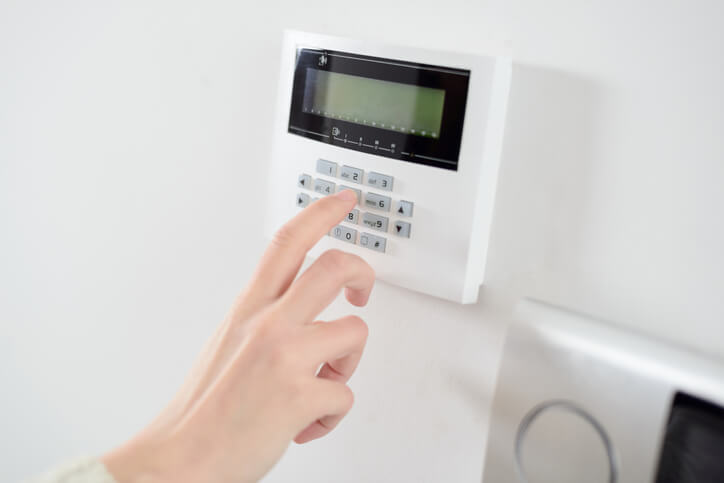
One of the easiest things to do to deter bad guys from stealing your personal property is to lock your doors and windows when you aren’t home. This includes all doors and windows on your home, garage, and garden shed.
In addition, be sure to:
- Avoid leaving your garage door opener in an unlocked car in your driveway as a thief could then use it to enter your home through your garage.
- Install extra outdoor motion sensor lights that will turn on when anyone approaches your home in the dark. Fear of being seen could deter any would-be thieves from breaking in.
- Finally, install a security system that will sound an alarm if someone enters your property without disarming the system. Doing so may also help you get a discount on your home insurance premiums.
5. Fire Damage
Fire damage is the most extensive and expensive of all home insurance claims.
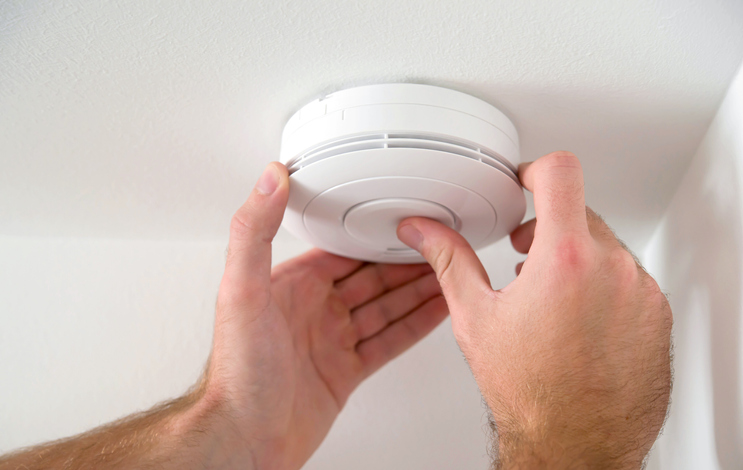
These few safety tips may help you avoid the trauma, mess, and loss that occurs from a fire.
- First, install smoke detectors on each floor of your home and inspect them annually. Tip: Change the batteries in spring or fall when you change your clocks for Daylight Saving Time.
- If you have a wood burning fireplace or stove in your home, get the chimney professionally inspected and cleaned annually to help prevent creosote buildup, which can contribute to a chimney fire. And, when you’re removing ashes after a fire, remember to dispose of them in a metal container with a lid outside of your home to minimize the chance of a stray spark’s starting an unwanted fire.
- Another area of the home where fires may start is in the kitchen. Avoid clutter around your stove/oven area — especially anything flammable that could catch fire while you’re using your stove or oven, like a pot holder.
- Finally, never leave a burning candle unattended. Always snuff it out before leaving the room.
6. Electrical Fires
Electrical fires get their own category because they account for an estimated 51,000 fires each year.
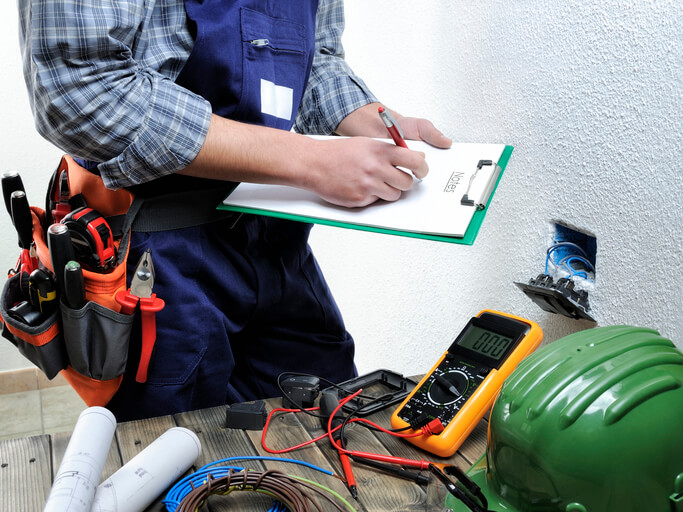
Tips to avoid and minimize the risk of electrical fires include:
- Minimize the odds of an electrical fire by examining your cords. If it’s frayed, chewed, or damaged, including where the plug and wire meet, don’t use it.
- Don’t overload outlets with too many plugs or extension cords.
- Inspect your home’s electric outlets and replace any that are loose or improperly installed
- Inspect exterior wiring for weather or rodent-related damage, like frayed or chewed cords.
- If your home hasn’t recently been professionally inspected, consider getting the interior wiring checked to correct any wear and tear. This is particularly important for older homes.
7. Slips and Falls on Your Property
Personal injury is another home insurance claim, one often covered by your policy’s personal liability coverage. If someone slips and falls while visiting your home, you could be on the hook for their emergency medical bills, plus any legal expenses. You may also be held responsible for people you don’t invite, like mail carriers, delivery people, or a canvasser.
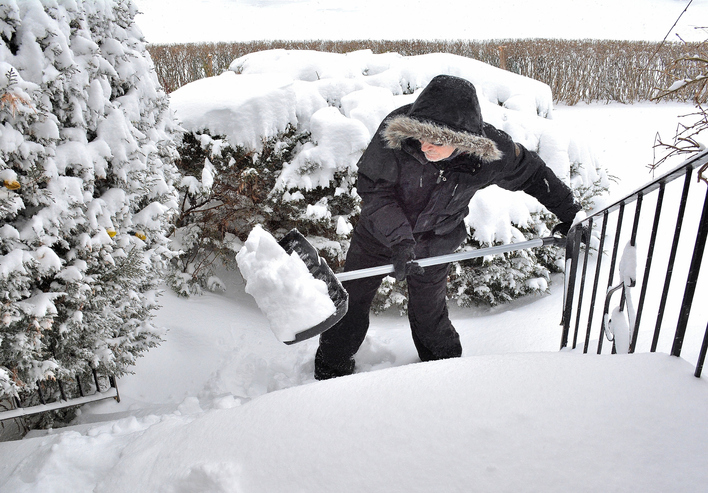
To reduce trips and falls around your home, it’s a good idea to:
- Remove trip hazards in and around your home, such a hose across the front walk or loose basement steps.
- Repair broken front steps or uneven patio stones. If you can’t repair these items, consider marking them so visitors see the danger.
- Install hand railings on all indoor and outdoor stairs.
- Maintain decks and front porches to remove and replace rotting or damaged boards, protruding nails and screws.
- Remove snow and ice from walkways and driveways as soon as it’s safe.
While you may not have the power to control the weather or prevent every accident, you do have the power to mitigate your risks. Choose the right homeowners insurance for your home and family, and be proactive about home maintenance and safety. Those two actions alone can help prevent claims and, if you face one, protect you from financial losses and emotional distress.


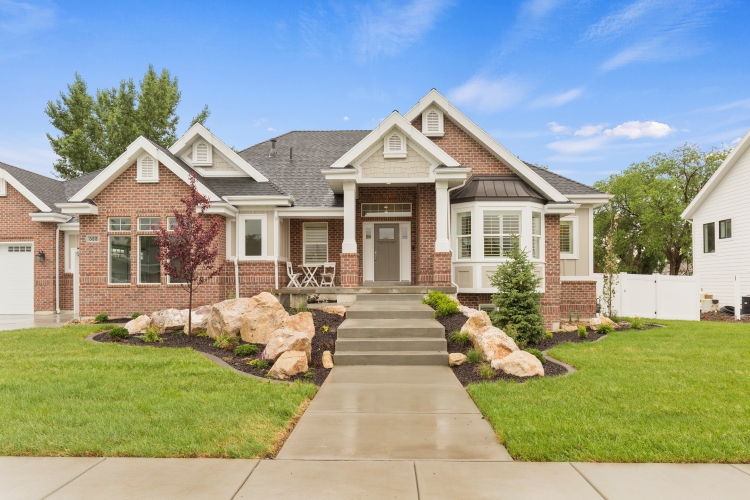

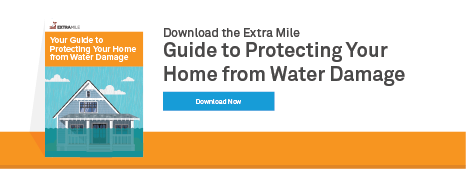




Excellent tips. Thank you
Excellent check list, all items are extremely important for the older home, especially.
Yes, I take care of my home doing all of the things mentioned . It’s common sense to do do. I wish others did the same.
I’ve been homeowner for quite a while and this is one of the best insurance I’ve ever had. Thank you for the last clean and I would definitely take all of the precautions not to have another one. Thank you.
I’ve been renting in Texas for the last 17 years. Pretty much every house I’ve rented had ” electric outlets and replace any that are loose or improperly installed”, not to mention leaky plumbing and blocked drains, including air conditioning drains. I have yet to find an outlet for the dryer vent on the house I’m currently renting. I wouldn’t be surprised if the lint is collecting in the attic.
Good reminders, but I’m a bit obsessive-compulsive, so I pretty much do all you suggested. Just paid $1k to take down a 25 foot tree the was starting to have brittle branches cracking, so rather than pay $500 to thin branches, I took the tree down, knowing that in a year or 2 I’d most likely lose the tree anyway
Thank you so much! I didn’t think of having my indoor wiring checked. Who should I call, an electrician?
Yes it was. Thanks
Thank you for your insight on what we can do to protect ourselves from property damage on our houses. And filing unnecessary claims.
Love your articles on home tips.
Very helpful.
Thank you for the info
I need a copy of my home and car insurance sent to me it must of gone into spam have been searching for the copies since August 22 when I renewed my policys and need to have them in my file.
The Hartford’s customer service team is happy to help. Please call us at 800-423-0567. Thanks for reading Extra Mile!